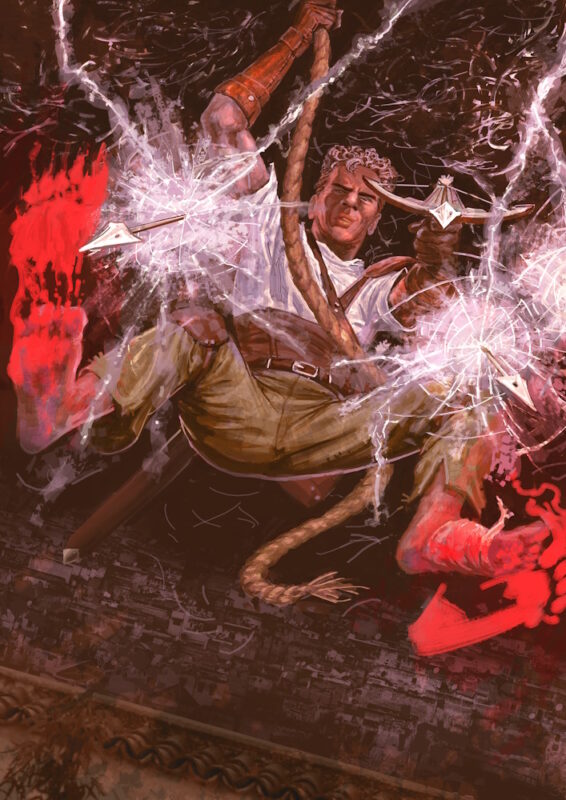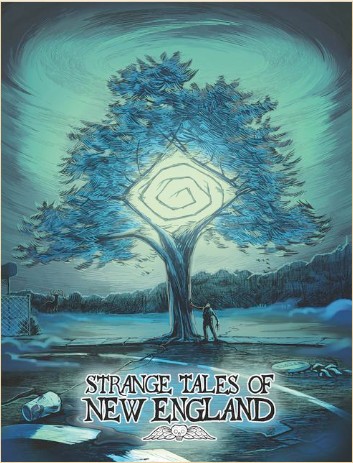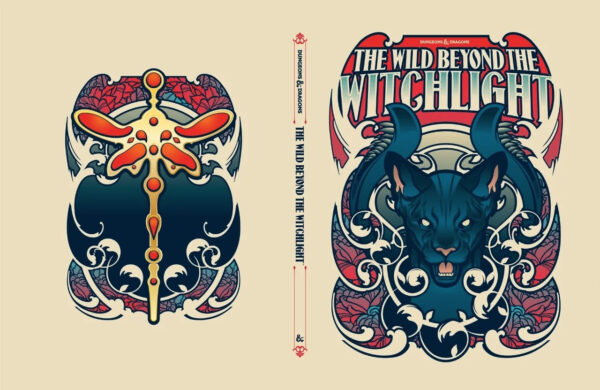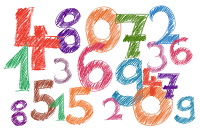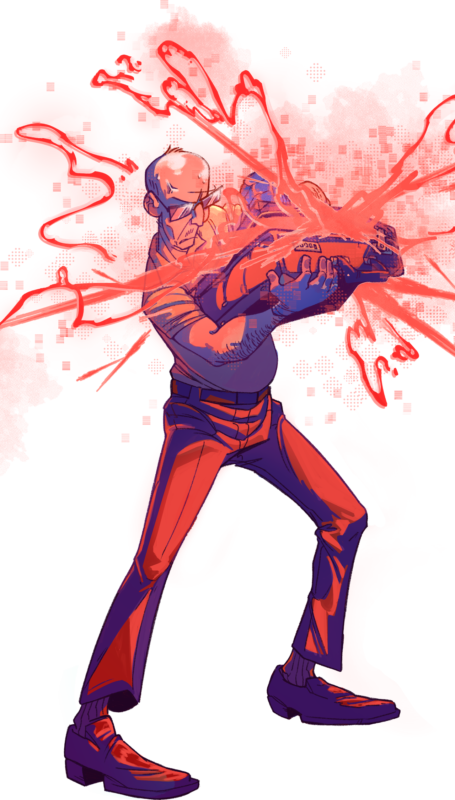
WOTC may insist the latest version of D&D isn’t a new edition, but third parties have already started labeling it 5.5.
We’re All D&D
It’s understandable that Dungeons & Dragon’s brand owner Wizards of the Coast doesn’t want to identify the latest changes to the game as a new edition. Trying to balance existing customers with future customers isn’t easy, and since D&D is largely customized by game masters anyway, some groups may see the transition as largely cosmetic. “Edition Wars” have also roiled the industry; Second Edition’s campaign settings were considered largely incompatible with each other, harming the D&D brand back when it was under TSR’s management.
No wonder then that WOTC insists there isn’t an edition change. It’s just “One D&D”:
It’s bigger than that. One D&D will usher in the next generation of D&D with new and more comprehensive versions of the core rulebooks that millions of players have enjoyed for the past decade. The rules will be backwards compatible with fifth edition adventures and supplements and offer players and Dungeon Masters new options and opportunities for adventure. The evolution of fifth edition has shown us it’s less important to create new editions of the game and more important to grow and expand the game you love with each new product.
I’ve discussed in the past the plan to create a D&D that receives frequent updates, patterned after software and video games, instead of major changes. It’s an interesting balancing act, because print products are not software, and thus new updates only update existing rules to the extent a group agrees to make the change.
Or to put it another way, the only way any rules changes happen in a D&D game is if the group agrees to it. That’s important, because it means what’s considered enough rules changes to warrant the “new edition” moniker is not determined by WOTC at all.
The Downside of No New Editions
When Dungeons & Dragons transitioned from Third Edition to 3.5, it caused confusion downstream thanks to the third parties who created Open Game License (OGL) compatible content. There was no clear identifier on the differences between editions. Similarly, WOTC’s insistence on “backwards compatibility” has some very important caveats:
It means that fifth edition adventures and supplements will work in One D&D. For example, if you want to run Curse of Strahd in One D&D, that book will work with the new versions of the core rulebooks. Our goal is for you to keep enjoying the content you already have and make it even better. You’ll see this in action through the playtest materials, which you will be able to provide feedback on.
It’s notable that WOTC focuses on adventure compatibility. The changes happening to D&D are not insignificant. Ability score changes will be tied to background instead of species:
Each background has three ability scores tied to it. For example, the Wayfarer background is associated with Dexterity, Wisdom, and Charisma. You can can then choose to add a +2 to one score and a +1 to another. Alternatively, you can add +1 to all three scores. This is a significant change to the rules and reflects the new idea that characters skills and abilities are shaped by their personal history and life choices rather than any kind of biological imperative.
Every third party supplement that features new species or backgrounds are no longer compatible with the rules. That said, this isn’t a huge deal as it largely affects character creation, and for existing games the change isn’t all that disruptive.
More drastic changes are afoot with weapons:
Weapon Mastery is a class feature shared between some martial classes that reflects their specialization with certain types of weapons. Each weapon in the Equipment section of the 2024 Player’s Handbook lists a mastery property in addition to the weapon’s regular properties. If the weapon meets the requirements in your class’s Weapon Mastery feature, you can learn its mastery property and use it in combat.
This means that every new weapon created in every third party supplement no longer offers the same features as in the core rules. It’s not a hard change to make, but it does require updating any product that features new weapons. Which is why third parties are starting to identify themselves as “5.5” compatible.
5.5 in the Wild
As Egg reported in his RPG Crowdfunding Roundup, Moonsoon from Arcane Minis listed it’s latest Kickstarter as having “D&D 2024 Compatibility”:
Moonsoon is coming out at a unique time! After many years, D&D is being updated and we pledge to make sure that Monsoon is compatible with 5E and the newer 5.5E version coming out this year!
They won’t be the last. It will be increasingly important for third parties to show that they are compatible with the latest version of D&D, and whether or not it’s an “edition” is largely semantics. Judging by Moonsoon’s success ($300K over the $50K goal), it seems declaring compatibility helped.
Your Table, Your Game
In the end, what matters most is if gamers accept any older supplement at their table. For those who remember the confusion between Third and 3.5, it can matter quite a bit. Whether or not WOTC wants a new edition is less important than what the market will bear. If sales of older Fifth Edition content dip, publishers will react accordingly to let their customers know their product is compatible, with logos, “5.5 Edition,” or something else. We’ll find out soon enough what the general consensus is.


